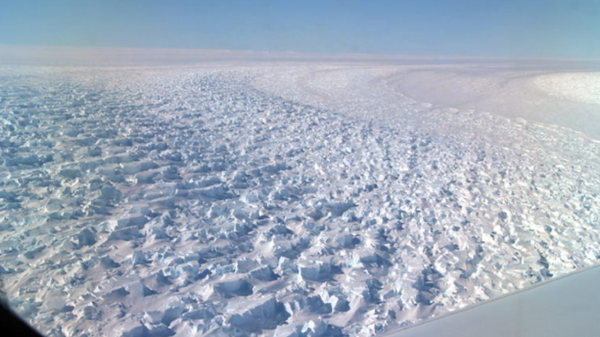"In the largest-ever study of glacial lakes, researchers using 30 years of NASA satellite data have found that the volume of these lakes worldwide has increased by about 50 percent since 1990 as glaciers melt and retreat due to climate change," the release said.
The findings, published in the journal Nature Climate Change, will aid researchers assessing the potential hazards to communities downstream of these often unstable lakes and help improve the accuracy of sea-level-rise estimates by advancing the understanding of how glacial meltwater is transported to the oceans, the release said.
"We have known that not all meltwater is making it into the oceans immediately," University of Calgary Professor Dan Shugar said in the release. "But until now there were no data to estimate how much was being stored in lakes or groundwater."
Researchers analysed more than 250,000 scenes from the Landsat satellite missions to examine all glaciated regions of the world except Antarctica, the release said.


